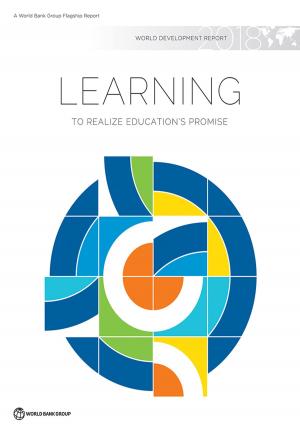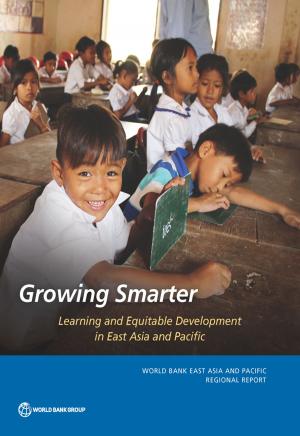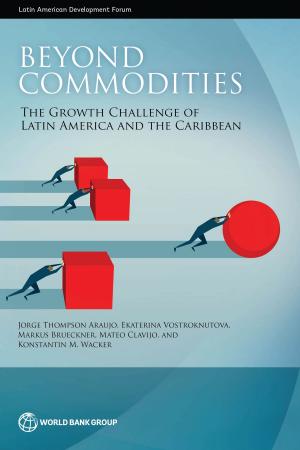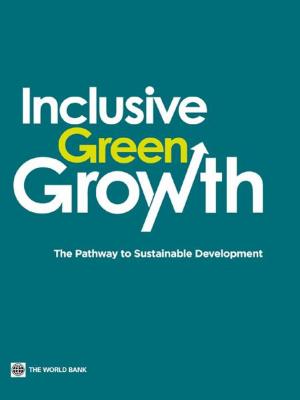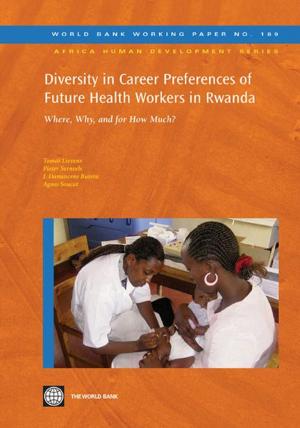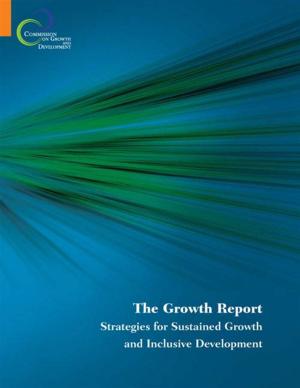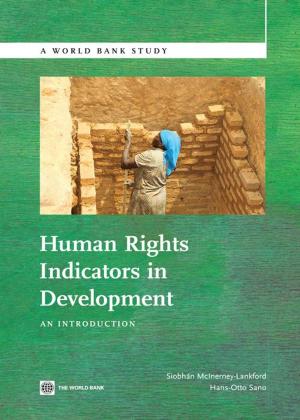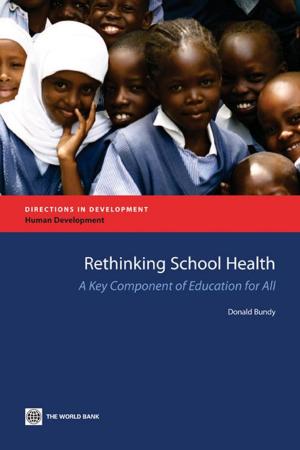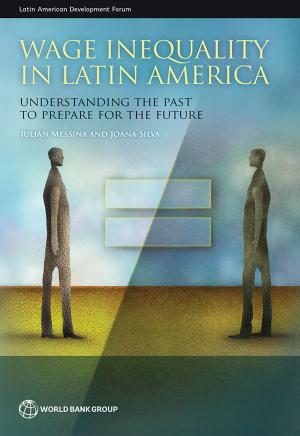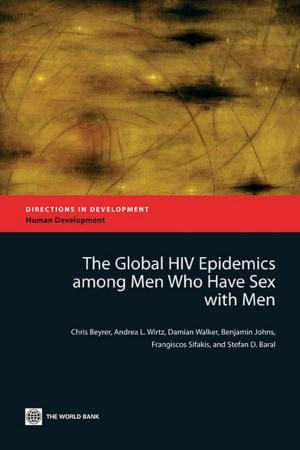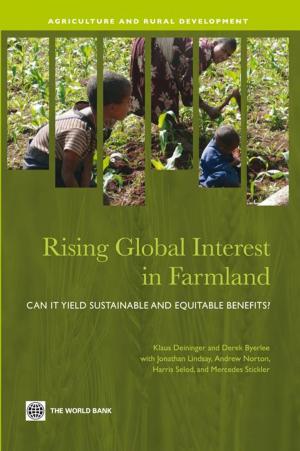Finance For All?: Policies And Pitfalls In Expanding Access
Business & Finance, Finance & Investing, Finance| Author: | World Bank | ISBN: | 9780821372913 |
| Publisher: | World Bank | Publication: | November 20, 2007 |
| Imprint: | Language: | English |
| Author: | World Bank |
| ISBN: | 9780821372913 |
| Publisher: | World Bank |
| Publication: | November 20, 2007 |
| Imprint: | |
| Language: | English |
Access to financial services varies sharply around the world. In many developing countries less than half the population has an account with a financial institution, and in most of Africa less than one in five households do. Lack of access to finance is often the critical mechanism for generating persistent income inequality, as well as slower growth. Finance for All?: Policies and Pitfalls in Expanding Access documents the extent of financial exclusion around the world; addresses the importance of access to financial services for growth, equity and poverty reduction; and discusses policy interventions and institutional reforms that can improve access for underserved groups. The report is a broad ranging review of the work already completed or in progress, drawing on research utilizing data at the country, firm and household level. Given that financial systems in many developing countries serve only a small part of the population, expanding access remains an important challenge across the world, leaving much for governments to do. However, not all government actions are equally effective and some policies can be counterproductive. The report sets out principles for effective government policy on broadening access, drawing on the available evidence and illustrating with examples.
Access to financial services varies sharply around the world. In many developing countries less than half the population has an account with a financial institution, and in most of Africa less than one in five households do. Lack of access to finance is often the critical mechanism for generating persistent income inequality, as well as slower growth. Finance for All?: Policies and Pitfalls in Expanding Access documents the extent of financial exclusion around the world; addresses the importance of access to financial services for growth, equity and poverty reduction; and discusses policy interventions and institutional reforms that can improve access for underserved groups. The report is a broad ranging review of the work already completed or in progress, drawing on research utilizing data at the country, firm and household level. Given that financial systems in many developing countries serve only a small part of the population, expanding access remains an important challenge across the world, leaving much for governments to do. However, not all government actions are equally effective and some policies can be counterproductive. The report sets out principles for effective government policy on broadening access, drawing on the available evidence and illustrating with examples.



